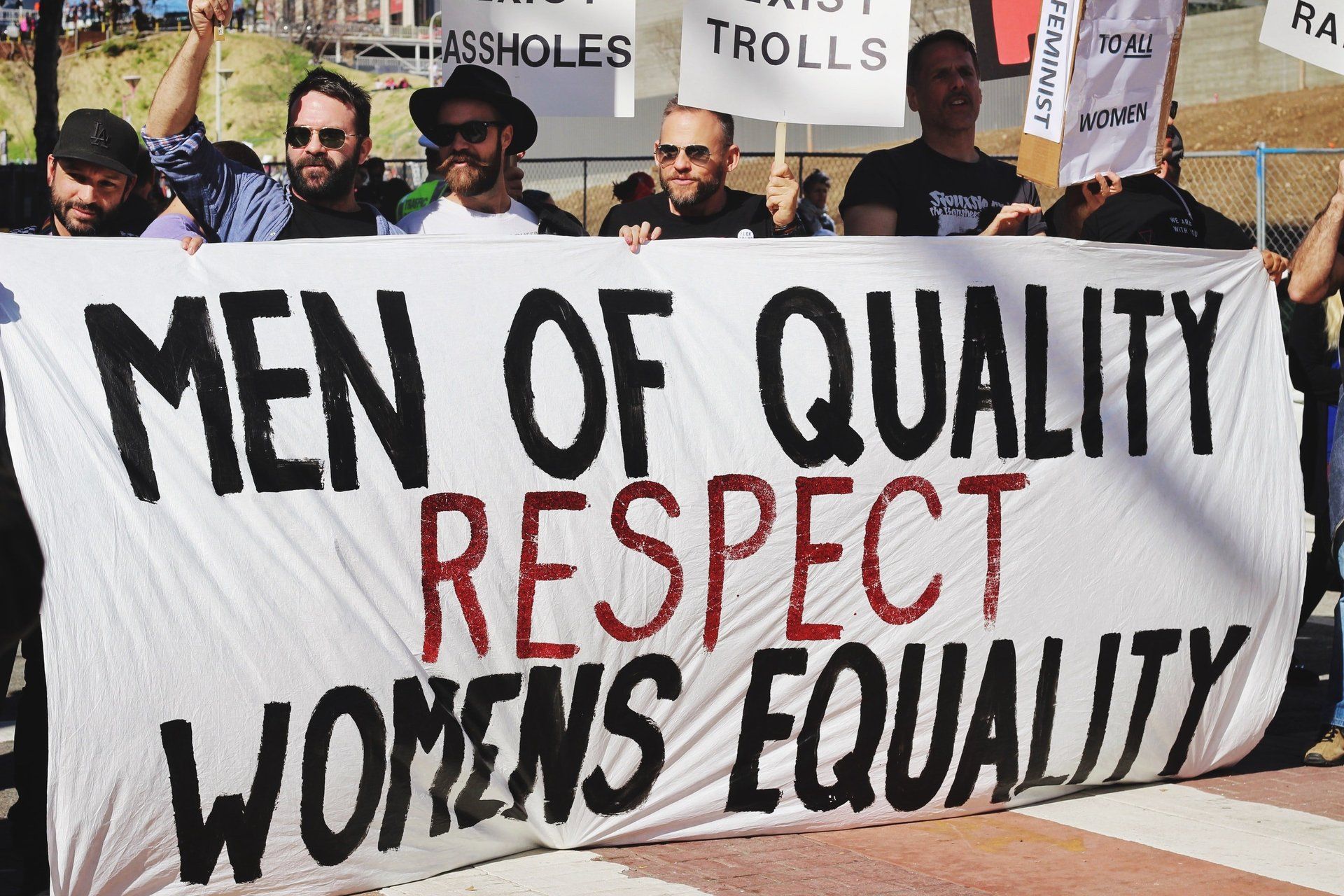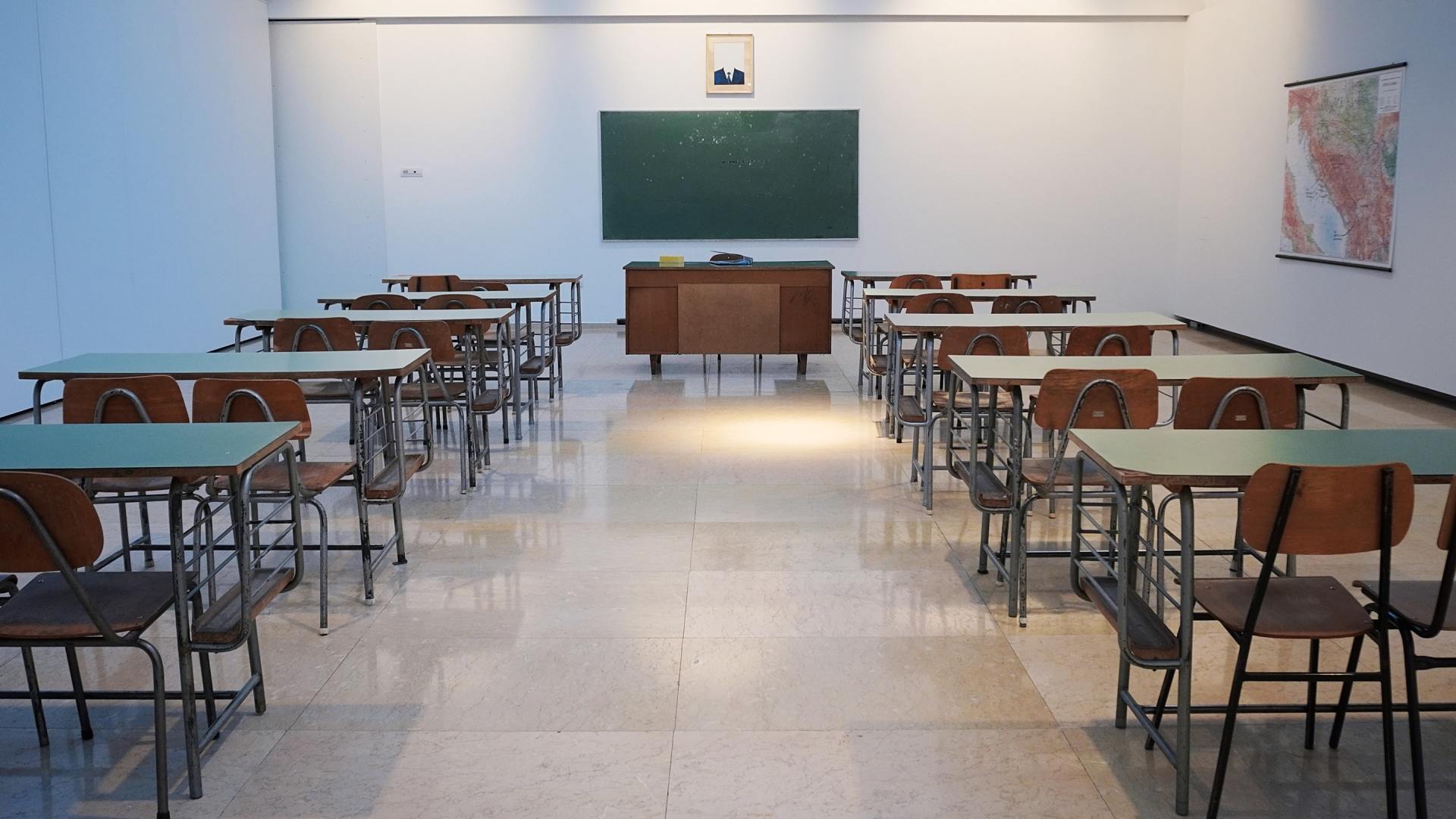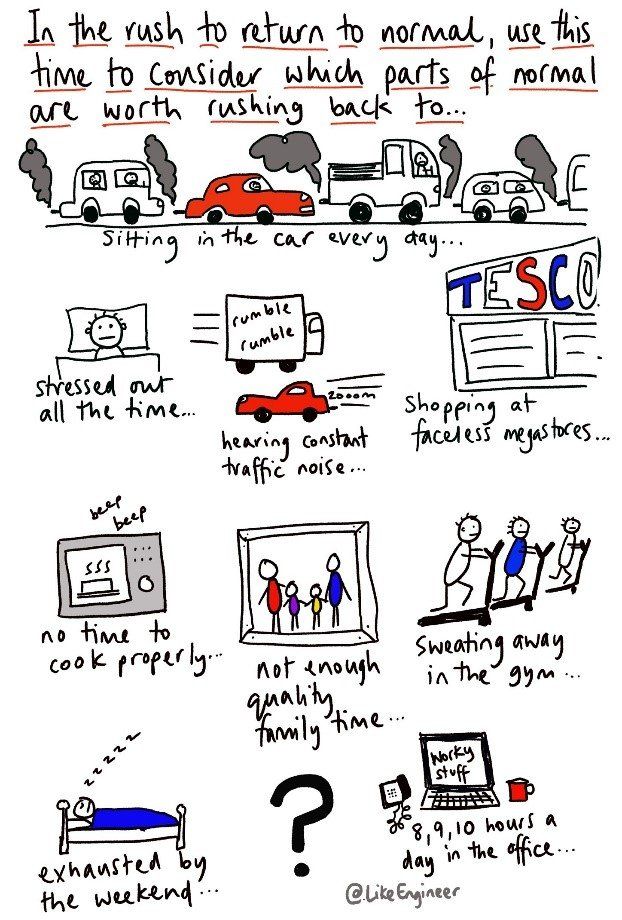a new timetable for school
re-imagining education for a post covid future
The Scottish Government has announced its route map out of lockdown. A welcome signal that there is indeed light at the end of this tunnel we find ourselves in.
A key announcement within this route map is that schools will physically re-open at the start of next summer term in August 2020. The caveat is that when they do, they will do so on a part-time basis:- half-time in school, half-time try and do schoolwork at home.
This news is welcome, but it does leave workers and employers with something of a long-term headache.
A ‘blended’ return to school is unlikely to be with us just for a few weeks or months, but rather years or at least until such time as a vaccine is available and then we return to pre-covid normal….
But what if we don’t? What if we take this time to design our education system to fit the needs of parents, employers, and our young people?
Parents who work need an education system that allows them to make the most of employment opportunities. The current 9-3.30 school day and 8week summer holiday proves problematic for many.
Employers need to be able to plan, to understand the productivity they can expect from parents managing the care/work juggle. In addition, employers need a pipeline of talent that is ready for a post pandemic workplace.
Many of our young people suffer greatly by the extended absence during the summer recess. Families find it difficult to balance work commitments and extended childcare needs. Families struggle with additional cost of feeding children during the holiday periods and some children are placed at increased risk in the absence of the structure and the many support systems provided through the education system.
The idea for a new future is simple. The caveat is that it requires a willingness for change and an ability to see change and difference as a positive opportunity. It will require politicians to be brave. And it is dependent on teachers and their unions embracing a different world of work. A world where society values their profession more highly than it currently does.
The proposition is this.
We forget about the 5-day week. We forget about it for kids, and for teachers, and hopefully we can forget about it for other workers too.
We forget about the current term time structures. We flex the holidays. School is provided for fewer days per week, but for more weeks of the year.
In the immediate post-lockdown part time in, part time out structure, perhaps schooling is provided for longer days? Could children be on campus 2 days per week, but for the equivalent of a working day? It is, of course, ridiculous to expect children to focus on the three R’s for 8 hours. So, we should think about the happy, confident, resilient children we want to come out of the education system.
The at home learning would be ‘home-work’, supported by the online resources we have grown used to over the first 2 months of lockdown. For parents able to access a four-day week and the luxury of homeworking, this spreads the pressure of the home/school juggle.
For our younger primary age children, a focus on the formal in the morning, and a focus on the fun in the afternoon.
For our senior school pupils, more collaboration with businesses and more connection with communities; local and global. Let us broaden horizons, focus on confidence and life skills. Our aim should be to produce curious, confident lifelong learners able to thrive in the workplace or in FE/HE. A narrow focus on A*’s isn’t good for our student’s wellbeing and really doesn’t translate into real life success.
On a practical level government must give thought to creating additional space for teaching, if we can create Louisa Jordan at breakneck speed, is it beyond the realms of possibility to access teaching space. Can we think creatively about the empty office space available as many migrate to home working? Or is there scope to utilise space with our FE and HE institutions as they plan for a remote return? Many institutions already have connections with primary and secondary schools and more should be done to break down institutional walls.
Of course, it is one thing to have the space to deliver the lessons, quite another to split the current workforce in two. It is impossible to double the qualified workforce of teaching staff within the space of 3 months. But is there scope to upskill teaching assistants so that they can provide more support to teachers and students. Para-teachers perhaps? Is there the possibility to train furloughed workers with practical skills that would benefit our young people? Twitter and Linkedin are awash with the self-employed and others who have lost their income streams, graduates who have seen their hopes and dreams of their chosen careers taken away. In short individuals with talents that could inspire and support our young people as we make our way out of physical distant schooling.
I appreciate many would consider this a middle-class manifesto. A solution that works well for parents who can work from home and have access to the tech and infrastructure that supports school at home when required. So, is it possible to offer a solution which offers 4 or 5 day schooling to the children of key workers and those eligible for (but not necessarily in receipt of) free school meals and those who don’t have the luxury of working at home?
So that is why real, meaningful involvement with parents, employers and young people needs to take place.
And in finding solutions there needs to be a move from workforce modelling and fire fighting in the here and now, to effective workforce planning that is underpinned by the ability to scenario plan, and identify and imagine the future skills need, not just for those delivering the education system, but those who will be the product of it.
Whatever the solution it needs new thinking and real involvement. Together, can we create a vision that gets us through this transition phase and to new and better future?








